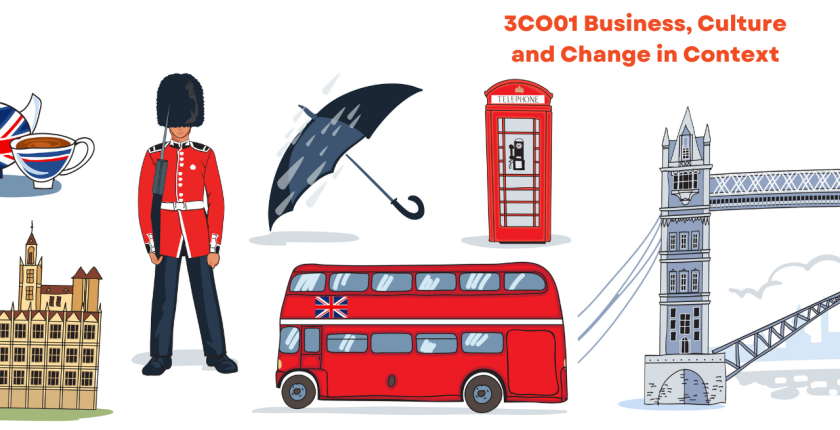3CO01 Business, Culture and Change in Context
- November 12, 2021
- Posted by: admin
- Category: CIPD Level 3

Table of Contents
3CO01 Business, Culture and Change in Context explores how external factors, as well as the digital and commercial environment, impact businesses and their culture. It also highlights the importance of people’s behaviour in shaping organisational culture and influencing how effectively a company manages change.
What will you learn
In this 3CO01, you will explore key external factors that influence businesses and the environments in which they operate. You will examine how and why organisations set goals and define workplace culture, understanding how people’s behaviour shapes it. Additionally, you will learn how organisations function as interconnected systems, where individual actions impact others.
You will also discuss how people learn, adapt, and develop in different ways. A key focus of this unit is the concept of change, where you will explore the role of people professionals in guiding and supporting employees through transitions. Finally, you will understand the importance of structured project planning in managing change effectively.
Learning outcomes
By the end of this module, learners will be able to:
- Understand the business environment in which the people profession operates and the key factors that influence it.
- Recognize how workplace behavior shapes and impacts organisational culture.
- Appreciate the importance of effectively managing change within an organisation.
This unit is suitable for persons who:
3CO01 is ideal for individuals who:
- Are starting or planning a career in people practice.
- Work in a people practice support role and want to build their knowledge while making an immediate impact in their organisation.
- Want to develop the specialised skills and understanding needed to become a people professional.
Must Read:


